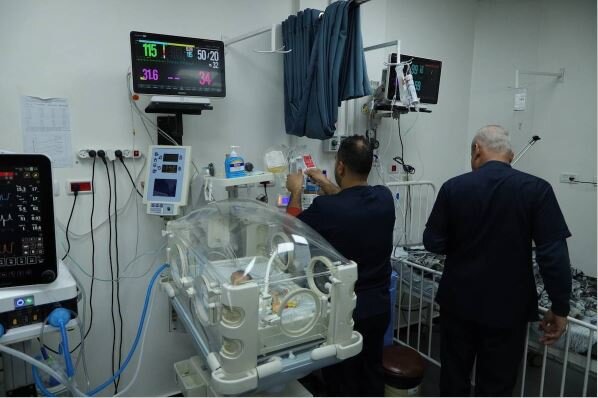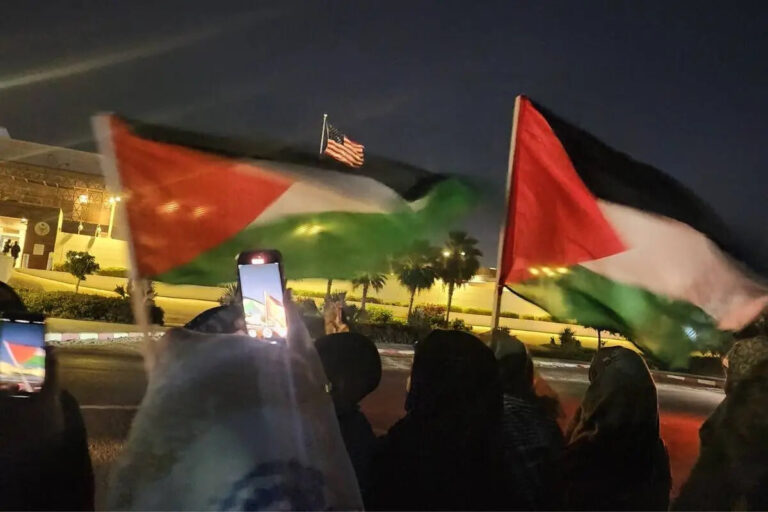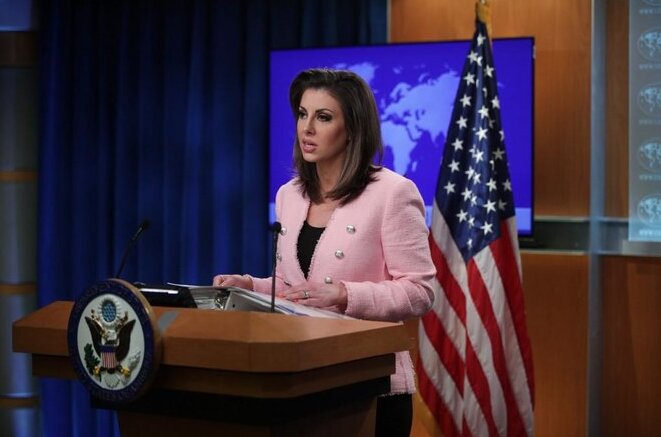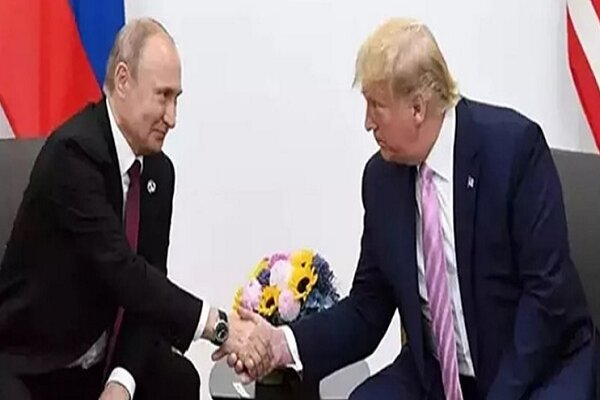Breaking the Silence: The West’s Complicity in Gaza’s Crisis
In the wake of a prolonged conflict, Israel’s offensive in Gaza is once again set to escalate, raising significant concerns about the humanitarian crisis facing the region. The ongoing struggles have resulted in the loss of tens of thousands of Palestinian lives and have led to serious accusations of war crimes against Israel. With Prime Minister Benjamin Netanyahu at the helm, the situation is dire for the 2.2 million Gazans who are enduring unimaginable hardships.
The latest strategy appears to aim for a complete occupation of Palestinian territories, which would further squeeze the already devastated population into smaller areas. The implications of this plan are alarming:
- Intensified Bombing: Increased aerial attacks are expected to occur, exacerbating the destruction of what remains of Gaza.
- Territorial Control: Israeli forces are likely to engage in clearing and holding territories, causing further displacement.
- Humanitarian Crisis: With the blockade on aid, child malnutrition rates are rising, and hospitals are running out of essential medicines.
As the situation deteriorates, the international community, particularly the United States and European nations, has faced criticism for their muted responses. Many assert that these countries, which have historically supported Israel, should feel ashamed for their silence amid such suffering.
Notably, former President Donald Trump recently acknowledged the plight of the Gazans, stating they are “starving,” and indicated a willingness for the U.S. to assist in delivering food aid. However, critics argue that his administration has only emboldened Netanyahu’s actions.
Following a January ceasefire brokered by Trump’s team between Israel and Hamas, hopes for peace were briefly revived. The agreement included conditions for Hamas to release hostages in phases and for Israel to withdraw from Gaza. However, the optimism was short-lived as Trump later proposed a controversial plan that would involve removing Palestinians from Gaza under U.S. control. In March, tensions escalated again when Israel, with U.S. backing, abandoned the ceasefire.
In recent statements, senior Israeli officials hinted at the implementation of Trump’s controversial plan, with Finance Minister Bezalel Smotrich declaring, “We are finally going to occupy the Gaza Strip.” This rhetoric suggests a significant shift in strategy, which Netanyahu claims is necessary to dismantle Hamas and secure the release of hostages.
Despite the call for an expanded offensive, Netanyahu has struggled to present a coherent plan since the conflict reignited on October 7, 2023, after a deadly attack by Hamas that claimed 1,200 lives. His repeated calls for “total victory” seem more focused on appeasing far-right allies than on a sustainable solution to the crisis.
However, the implications of such military actions could be severe:
- Hostage Safety: An expanded offensive could jeopardize the lives of numerous hostages still held by Hamas.
- International Relations: This approach could further tarnish Israel’s global standing and worsen internal divisions.
Reports indicate that any expanded military operations are on hold until after Trump’s visit to the Persian Gulf next week, with a proposed “window” for Hamas to consider releasing hostages in exchange for a temporary truce. The reaction from Arab leaders has been one of frustration, as Netanyahu’s aggressive stance continues to escalate conflict in Gaza.
During his visit, Trump is expected to place responsibility on Hamas for the ongoing violence, framing the group’s actions as the catalyst for the current Israeli offensive. While Gulf states recognize that Hamas’s control over Gaza contributes to the protracted conflict, they must also pressure Trump to advocate for an end to the violence, lift the blockade, and return to negotiations.
The global discourse surrounding Trump’s involvement has, unfortunately, overshadowed the catastrophic situation in Gaza. As the crisis continues, those who remain silent or hesitant to speak out risk becoming complicit in the unfolding tragedy.
In conclusion, the escalation of Israel’s military actions in Gaza presents a profound humanitarian crisis that calls for urgent attention from the international community. With millions suffering and a cycle of violence perpetuated, it is imperative that world leaders take a stand to advocate for peace and support the beleaguered population of Gaza.
Source: The Financial Times






